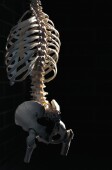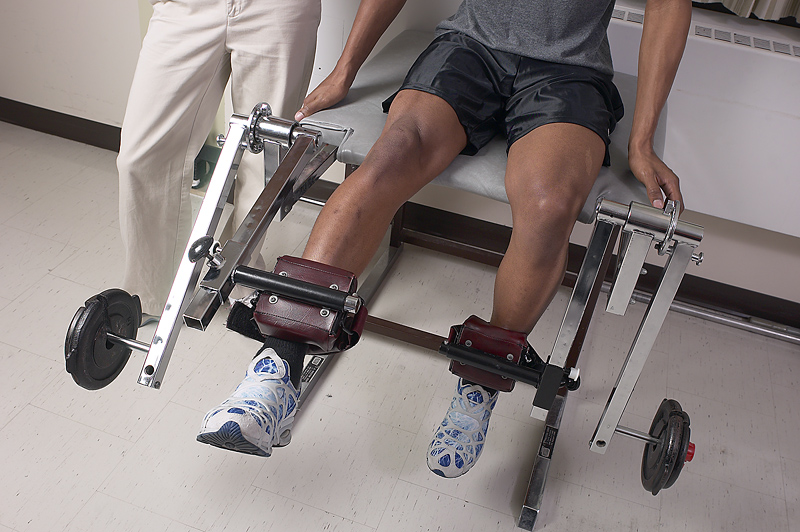
WEDNESDAY, Feb. 2 (HealthDay News) — The earlier a person begins puberty, the lower their risk of osteoporosis later in life, a small new study suggests.
The research was based on 78 girls and 84 boys, who were studied from the time they began puberty until they reached sexual maturity. The investigators found that adult bone mineral density was influenced by age at puberty onset, with greater bone mass linked to early puberty and less bone mass associated with later puberty. However, bone strength did not seem to be affected by how long puberty lasted.
“Puberty has a significant role in bone development,” study leader Dr. Vicente Gilsanz, director of clinical imaging at the Saban Research Institute of Children’s Hospital Los Angeles, said in a hospital news release.
“During this time, bones lengthen and increase in density. At the end of puberty the epiphyseal plates close, terminating the ability of the bones to lengthen. When this occurs, the teenager has reached their maximum adult height and peak bone mass,” Gilsanz explained.
Reduced bone mineral density leads to osteoporosis, which affects 55 percent of Americans aged 50 and older. In 2010, the estimated cost of treating osteoporosis in the United States was $10 billion.
The normal rate of bone mass decline in adulthood is about 1 to 2 percent each year. This means that a 10 to 20 percent increase in bone density resulting from a naturally early puberty could provide an additional 10 to 20 years of protection against normal age-related decline in bone strength, according to the researchers.
The study was published in the January issue of the Journal of Pediatrics.
More information
The U.S. National Institute of Arthritis and Musculoskeletal and Skin Diseases has more about bone health.

